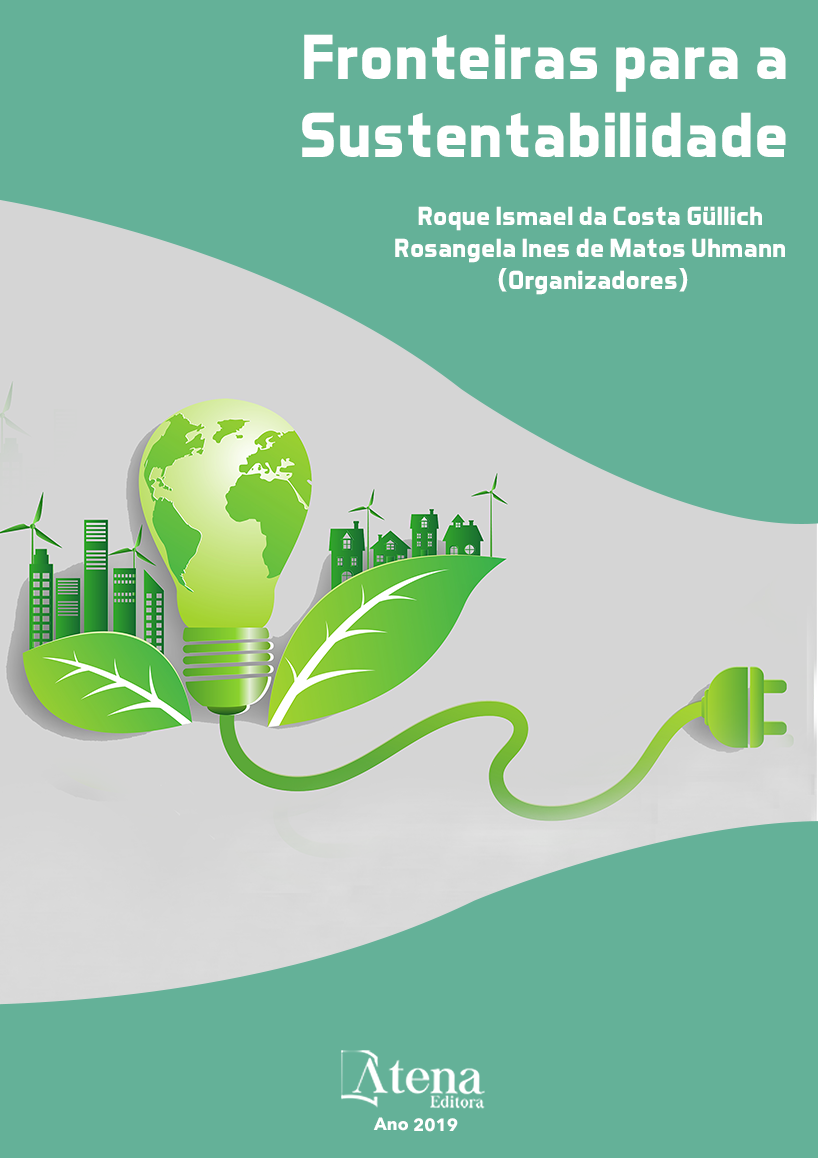
Resposta do morangueiro submetido a diferentes tratamentos com microrganismos promotores de crescimento de plantas e silício
Objetivou-se avaliar o
desenvolvimento e caracteristicas produtivas do
morangueiro submetido a diferentes tratamentos
com Azospirillum brasilense, Bacillus
amyloliquefaciens, Trichoderma asperellum,
silício e a associação desses microrganismos
promotores de crescimento de plantas (MPCPs)
ao silício (Si). O experimento foi conduzido
em blocos completos casualizados, com oito
tratamentos em quatro blocos. Avaliou-se o
índice relativo de clorofila a (Chl a), clorofila b
(Chl b), clorofila total (Chl a + b), altura de planta
(AP), número de trifólios (NT), massa de frutos
por planta (MFP), coloração externa (Hue)
e pH dos frutos (pH), sólidos solúveis totais
(SST) e massa seca da parte aérea (MSPA). O
tratamento com B. amyloliquefaciens diminuiu
significativamente os teores de Chl a, Chl b e
Chl a + b e MSPA. Todos os tratamentos com
os MPCPs, inoculados individualmente, ou
associados a aplicação de Si, aumentaram
significativamente as variáveis AP e NT. Para
as variáveis Hue, pH e MFP não observou-se
diferenças significativas entre os diferentes
tratamentos. A inoculação de A. brasilense,
B. amyloliquefaciens, aplicação de Si, e a
inoculação desses MPCPs em associação ao
Si proporcionaram incremento significativo
nos SST. Conclui-se que a inoculação de B.
Amyloliquefaciens, A. Brasilense, T. Asperellum,
aplicação de Si, e inoculação desses MPCPs em
associação ao Si influenciaram o crescimentodo morangueiro, apresentando respostas variáveis. Para os atributos físico-químico
de frutos do morangueiro, somente o SST foi observado incremento significativo.
Resposta do morangueiro submetido a diferentes tratamentos com microrganismos promotores de crescimento de plantas e silício
-
DOI: 10.22533/at.ed.5461901109
-
Palavras-chave: Azospirillum brasilense, Bacillus amyloliquefaciens, Fragaria x ananassa Duch, Trichoderma asperellum, promoção de crescimento.
-
Keywords: Azospirillum brasilense, Bacillus amyloliquefaciens, Fragaria x ananassa Duch, Trichoderma asperellum, growth promotion.
-
Abstract:
The objective of this study was to evaluate the development and
productive characteristics of strawberry plants submitted to different treatments with
Azospirillum brasilense, Bacillus amyloliquefaciens, Trichoderma asperellum, silicon
and the association of these MPCPs with Si. The relative index of chlorophyll a (Chl
a), chlorophyll b (Chl b), total chlorophyll (Chl a + b), plant height (AP), number of
leaves (NT), fruit mass per plant (MFP), external color (Hue) and fruit pH (pH), total
soluble solids (SST) and shoot dry matter (MSPA). Treatment with B. amyloliquefaciens
significantly decreased the levels of Chl a, Chl b and Chl a + b and MSPA. All treatments
with MPCPs, individually inoculated or associated with the application of Si, significantly
increased the AP and NT variables. For the Hue, pH and MFP variables, there were
no significant differences between the different treatments. The inoculation of A.
brasilense, B. amyloliquefaciens, application of Si, and the inoculation of these MPCPs
in association with Si provided a significant increase in SST. It was concluded that the
inoculation of B. amyloliquefaciens, A. brasilense, T. asperellum, application of Si, and
inoculation of these MPCPs in association with Si influenced the strawberry growth,
with variable responses. For the physical-chemical attributes of strawberry fruits, only
the SST was observed a significant increase.
-
Número de páginas: 15
- Rodrigo Ferraz Ramos
- Estéfany Pawlowski
- Hislley Campos Soares Bubanz
- Letícia Paim Cariolatto
- Cristiano Bellé
- Tiago Edu Kaspary
- Evandro Pedro Schneider
- Débora Leitzke Betemps


